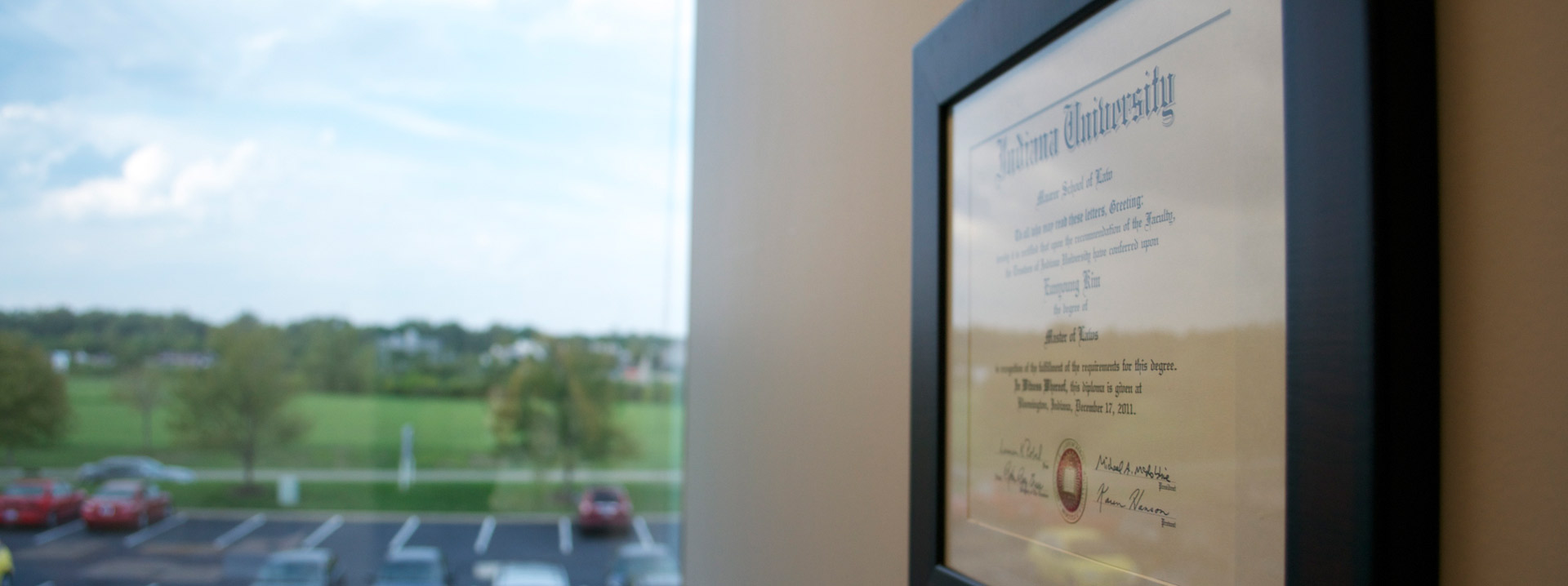The extreme hardship waiver, formally known as the “Provisional Unlawful Presence Waiver,” is available to certain individuals who are in the United States unlawfully and are seeking a waiver of the unlawful presence bar before applying for an immigrant visa abroad.
To qualify for an extreme hardship waiver, an applicant must demonstrate that their qualifying relative (usually a U.S. citizen or lawful permanent resident spouse or parent) would suffer extreme hardship if the applicant were denied admission to the United States. The burden of proof lies with the applicant to provide evidence of such extreme hardship.
While extreme hardship is not specifically defined in immigration statutes, it has been established through legal precedents and case law. The legal standards for extreme hardship waivers can vary depending on the specific circumstances and the factors presented by the applicant. Some common factors that immigration authorities consider when evaluating extreme hardship include:
Health-related factors: Serious medical conditions, lack of adequate medical care in the home country, unavailability of necessary treatments, and disruption of ongoing medical care for qualifying relatives.
Economic and educational factors: Limited employment or educational opportunities in the home country, significant financial difficulties, loss of educational opportunities for qualifying relatives, or lack of access to specialized education.
Personal and emotional ties: Separation from close family members, especially if they have legal status in the United States, cultural and language barriers, the psychological impact on qualifying relatives, or other personal and emotional factors.
Country conditions: Safety concerns, political instability, armed conflicts, high crime rates, lack of infrastructure, or human rights abuses in the home country.


